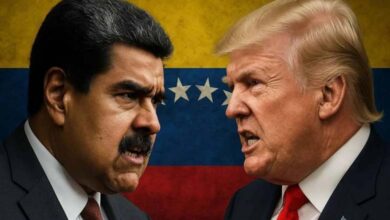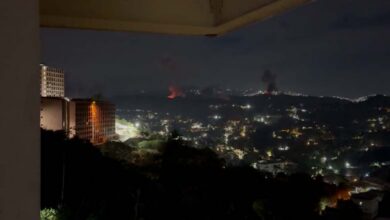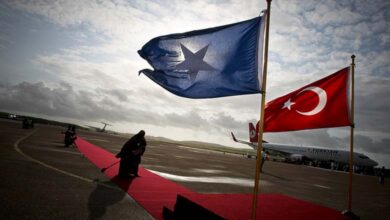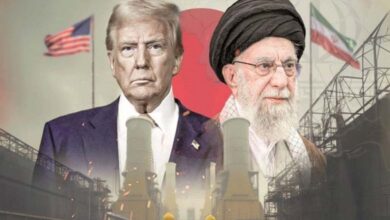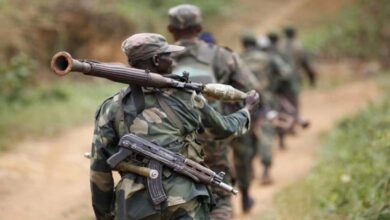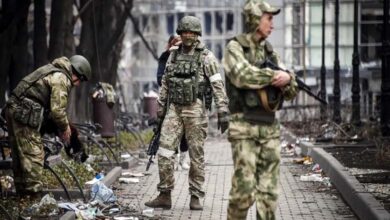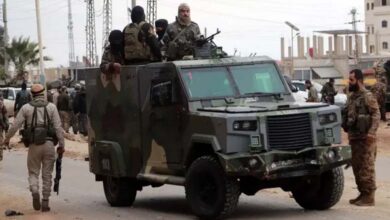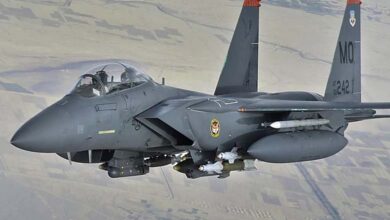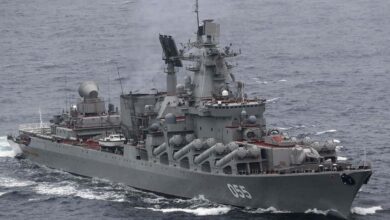The conflict map between Sudanese factions and the position of the Muslim Brotherhood – The woes of war in Sudan
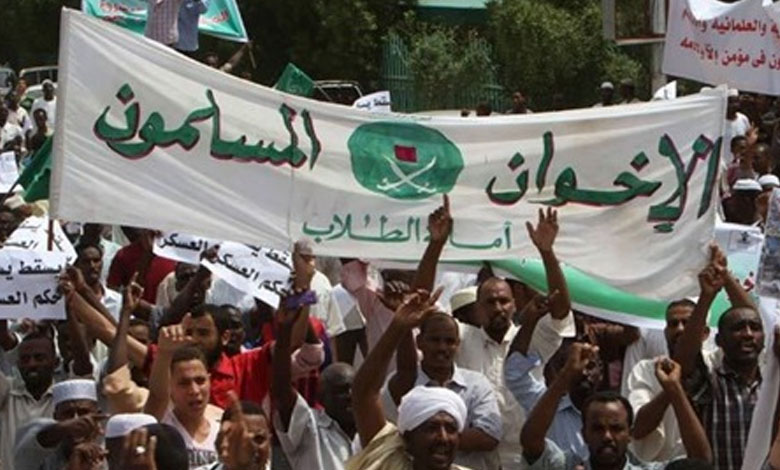
“A war between the Rapid Support Forces and the Sudanese Army has ravaged African countries to a degree that may seem comparable to what has happened in Syria, Iraq, and other countries that have experienced civil strife.”
Some are trying to exploit the crises to reemerge, and new ones to ignite the war between Hemeti’s RSF and the Burhan-led Sudanese army.
Brotherhood terrorist group seeks to exploit positions
This has been evident in several countries, and recently the group has begun to appear and join conflicts in a hidden manner. It has also sought to control markets in the midst of crises that the Sudanese citizen is suffering from in his basic needs.
The revolution that overthrew the Bashir regime and some of its symbols did not produce a complete break with the previous regime. The alliance that Bashir formed with the Muslim Brotherhood and Dr. Hassan al-Turabi is still in place within the Sudanese state.
In the military institution, which has not yet been affected by the changes after the revolution in Sudan, only that the army completely rejected returning to its barracks and protecting the borders and establishing a civilian state. This explains the presence of the Brotherhood in the Sudanese army camp.
Where a relationship has been built for more than 30 years that produced a system married between the supporters of al-Bashir and al-Turabi, the leader of the Brotherhood. This opened the door at that time for bin Laden to be in Sudan in the 1990s, and an alliance with Iran that almost turned the Sufi corners in Sudan into Husseiniyas, and another alliance with the Turkish leadership after the Arab Spring, during which al-Bashir provided privileges to Turkey by establishing a military base for the Turkish army on the Red Sea.
Impediments to democratization
“Since the fall of al-Bashir’s regime, the Islamic Movement in Sudan has blocked any democratic transition, and developments in the channels of dialog between the army and civil forces since 2019 confirm that the terrorist group has posed a serious obstacle to moving the democratic process forward through their continued presence and influence in the army.”
With the escape from Kober prison in Khartoum of leaders of Ahmed Haroun, Nafi Ali Nafi, Ali Osman Taha, Awad Al-Gaz, and Ibrahim Al-Sanousi’s ruling party, this operation provided evidence of Hemeti’s accusations against the Muslim Brotherhood and the former regime. Haroun confirmed his support and his work with the Sudanese army forces against the Rapid Support Forces.
Process Path
Sudanese political analyst Mohamed Elias says that the Sudanese army is infiltrated by the Muslim Brotherhood, and that the remnants of the former regime control the course of the democratic process that the Rapid Support Forces under Hemeti’s leadership are seeking.
He pointed out that developments in Sudan confirm the existence of a conflict between two projects, one with a civil state, and the other is the reproduction of the former regime in alliance formats with the Muslim Brotherhood, which exploited the need for proof and the army to become an ally, and the relationship with it became alliance. Perhaps these shifts formed the position of the army from accepting the principle of negotiation with rapid support a few days ago and moving to a new position that refuses to negotiate.
He added that the Muslim Brotherhood exploits people’s needs and ignorance and uses the emotion of religion to support them and restore order in the political arena.
____________


